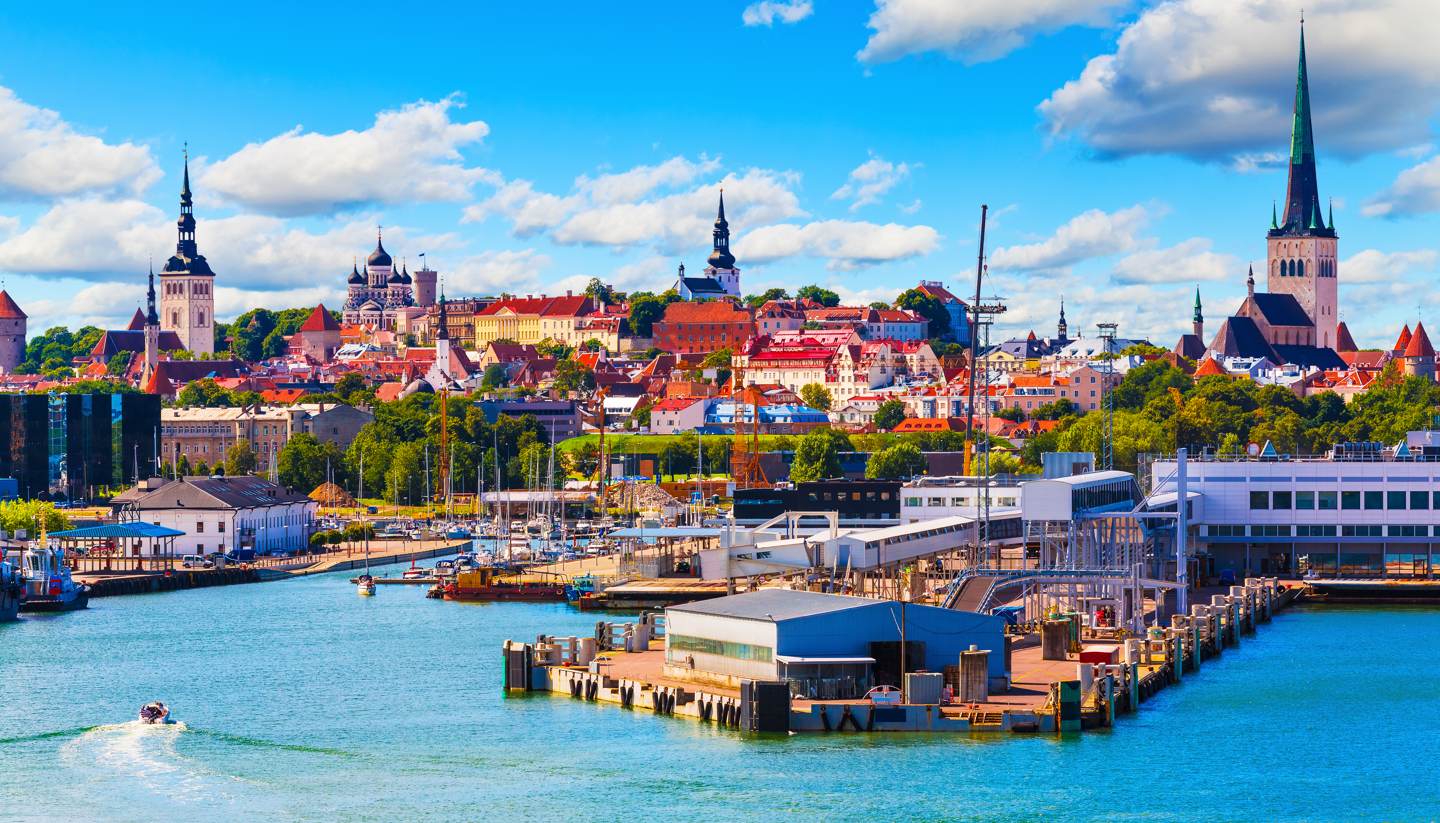Estonia Health Care and Vaccinations
| Title | Special precautions |
|---|---|
| Diphtheria | No |
| Hepatitis A | Sometimes |
| Malaria | No |
| Rabies | Sometimes |
| Tetanus | Yes |
| Typhoid | No |
| Yellow Fever | No |
Health Care
Travel insurance is advised for all visitors. In some medical cases, if you are European, you might be able to receive free treatment if you can show proof of a valid European Health Insurance Card (EHIC) obtained in your country of origin.
The overall standards of healthcare in Estonia are excellent. Hospitals and surgeries are well equipped and staff are proficient. In pharmacies, over-the-counter advice is given and standard medicines are sold.
Food and Drink
Tap water is safe to drink but due to its high mineral content some may dislike the taste. Bottled water is widely available. There are no safety risks pertaining to Estonian food but it pays to use common sense and pay attention to the hygiene and cleanliness of any establishment where you may be considering dining.
Other Risks
There is a risk of tick-borne encephalitis (TBE) in Estonia, particularly in the province of LääneEesti from early spring to late autumn. Visitors who plan to hike in the forests should wear protective clothing to protect from ticks and mosquitoes.
At night or when visibility is poor, pedestrians in Estonia are required to wear reflectors on clothing in a bid to prevent traffic accidents. These are available at most supermarkets; failure to adhere to the rule could result in €400 fine.



